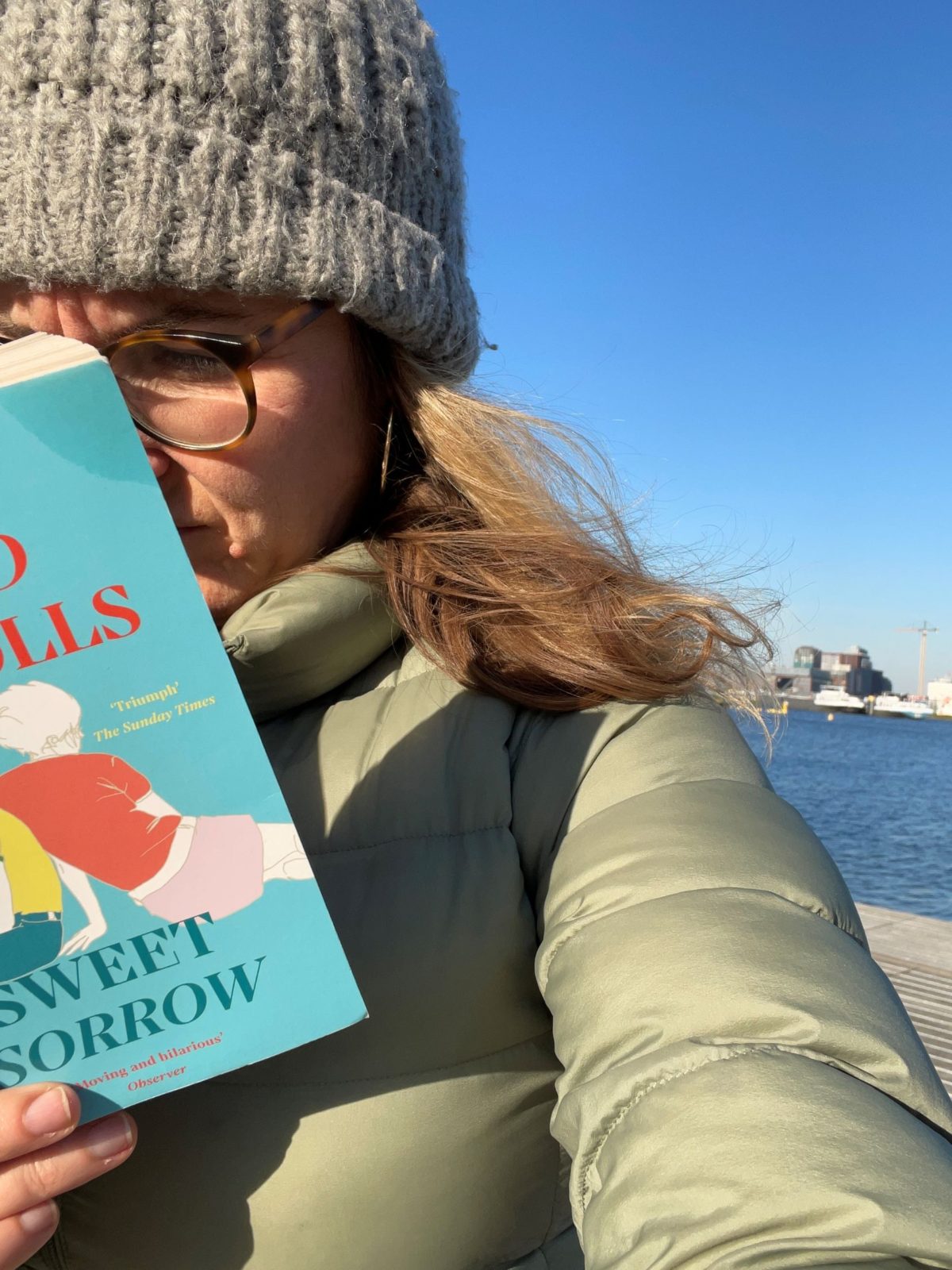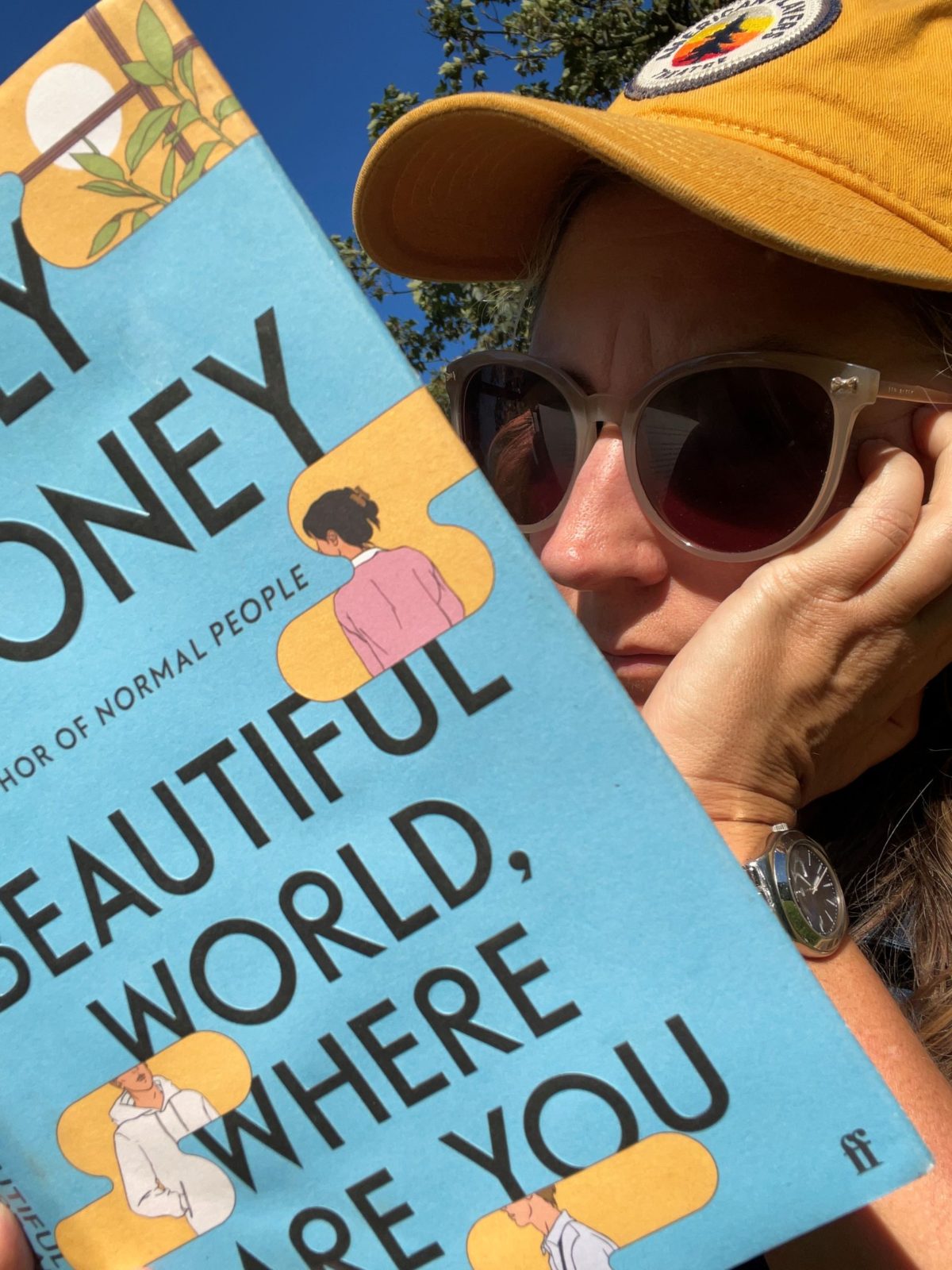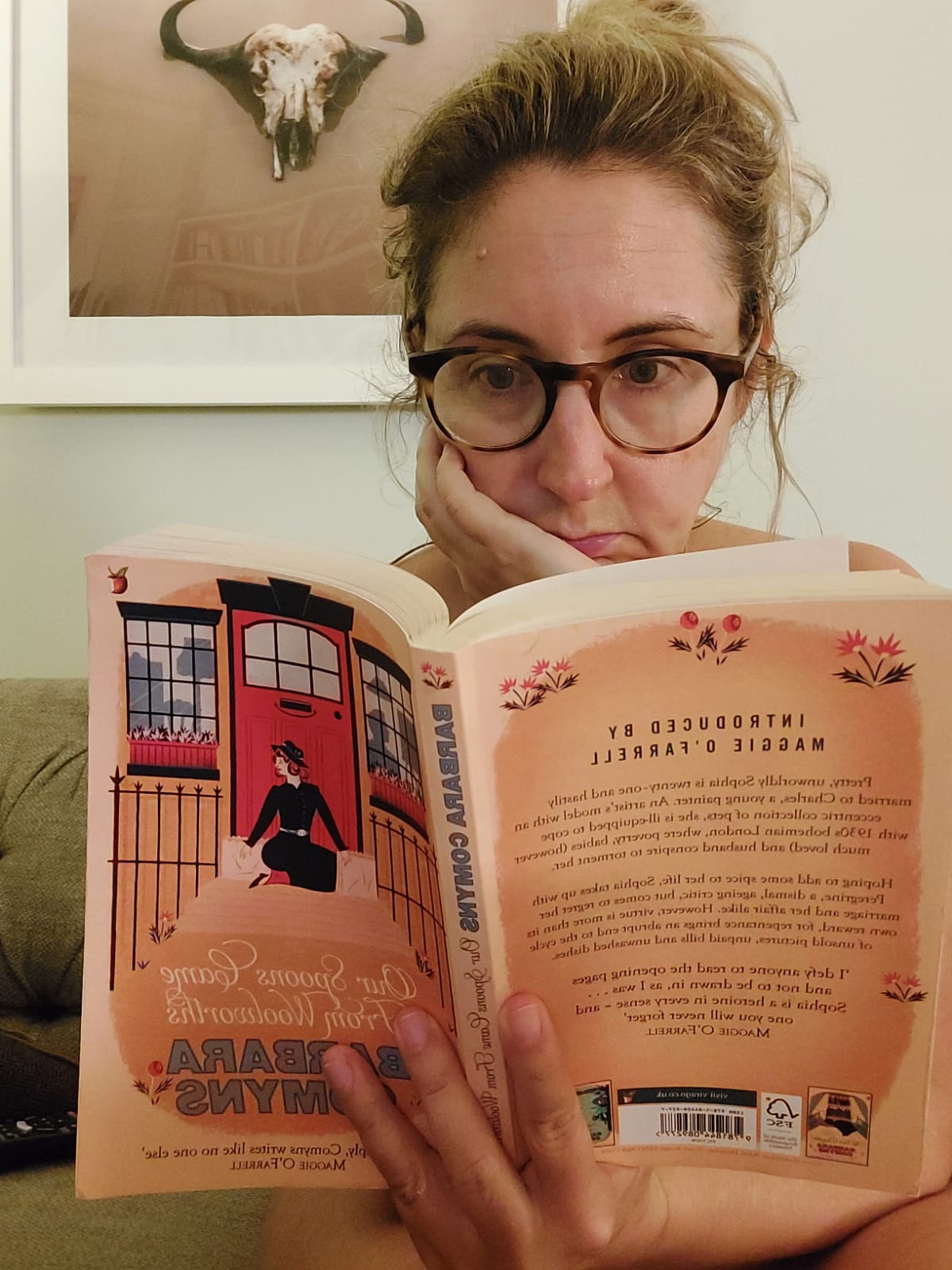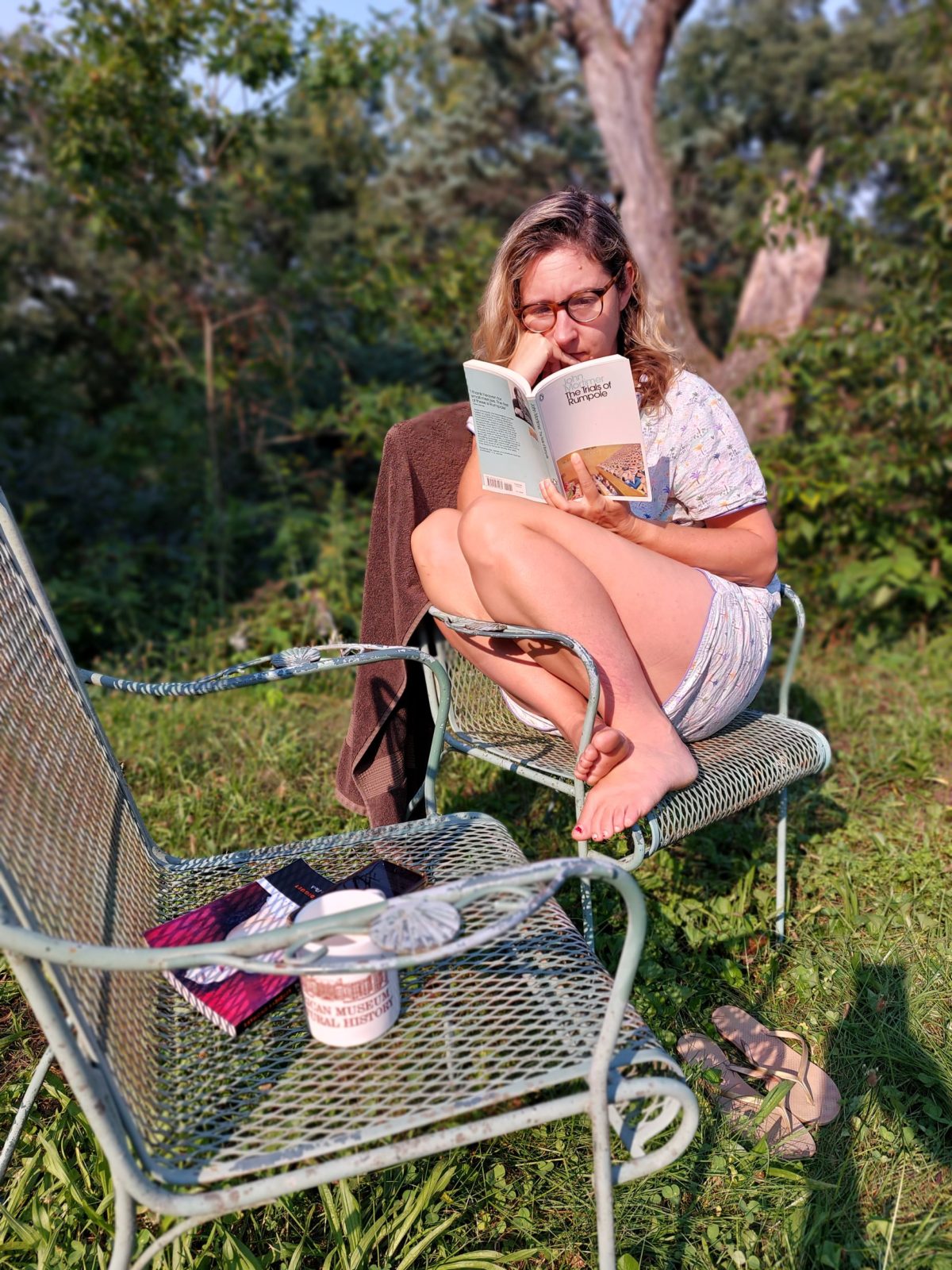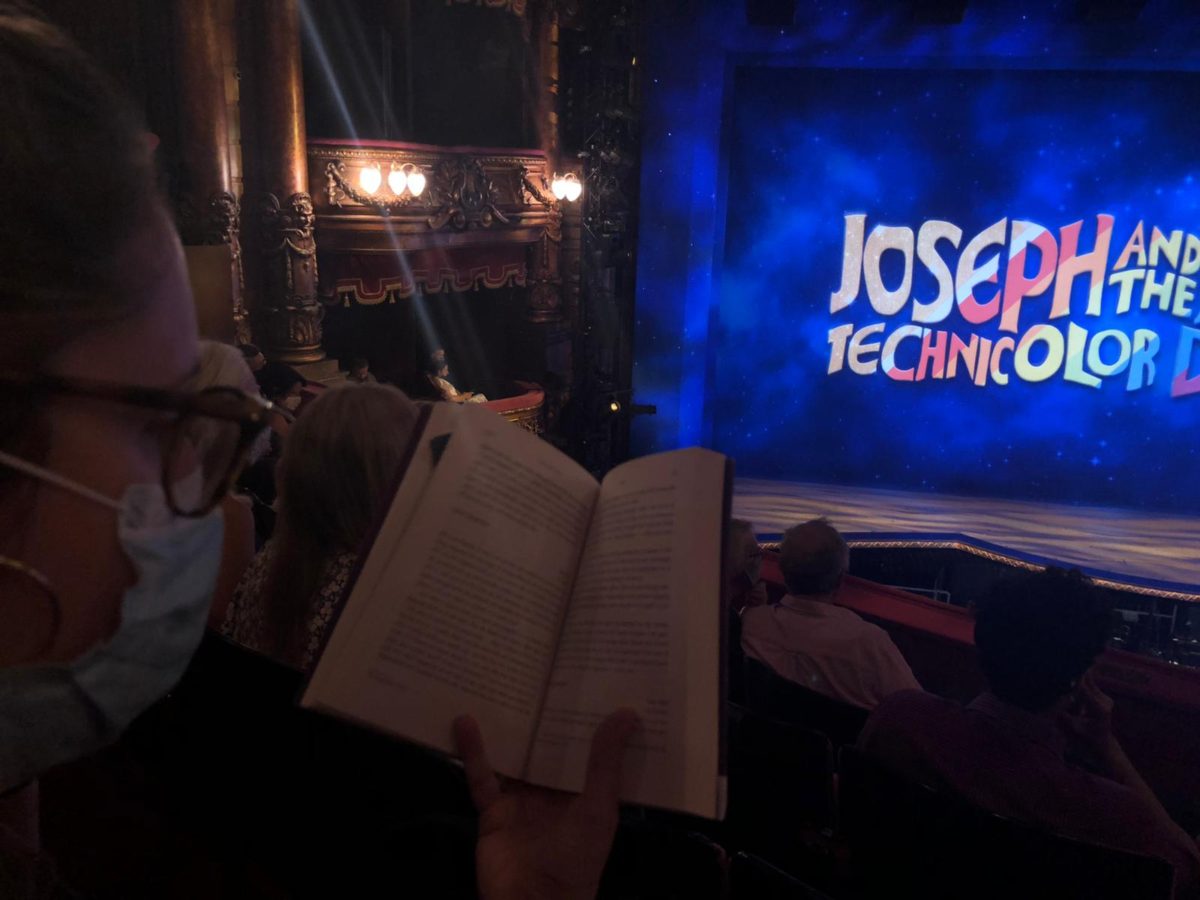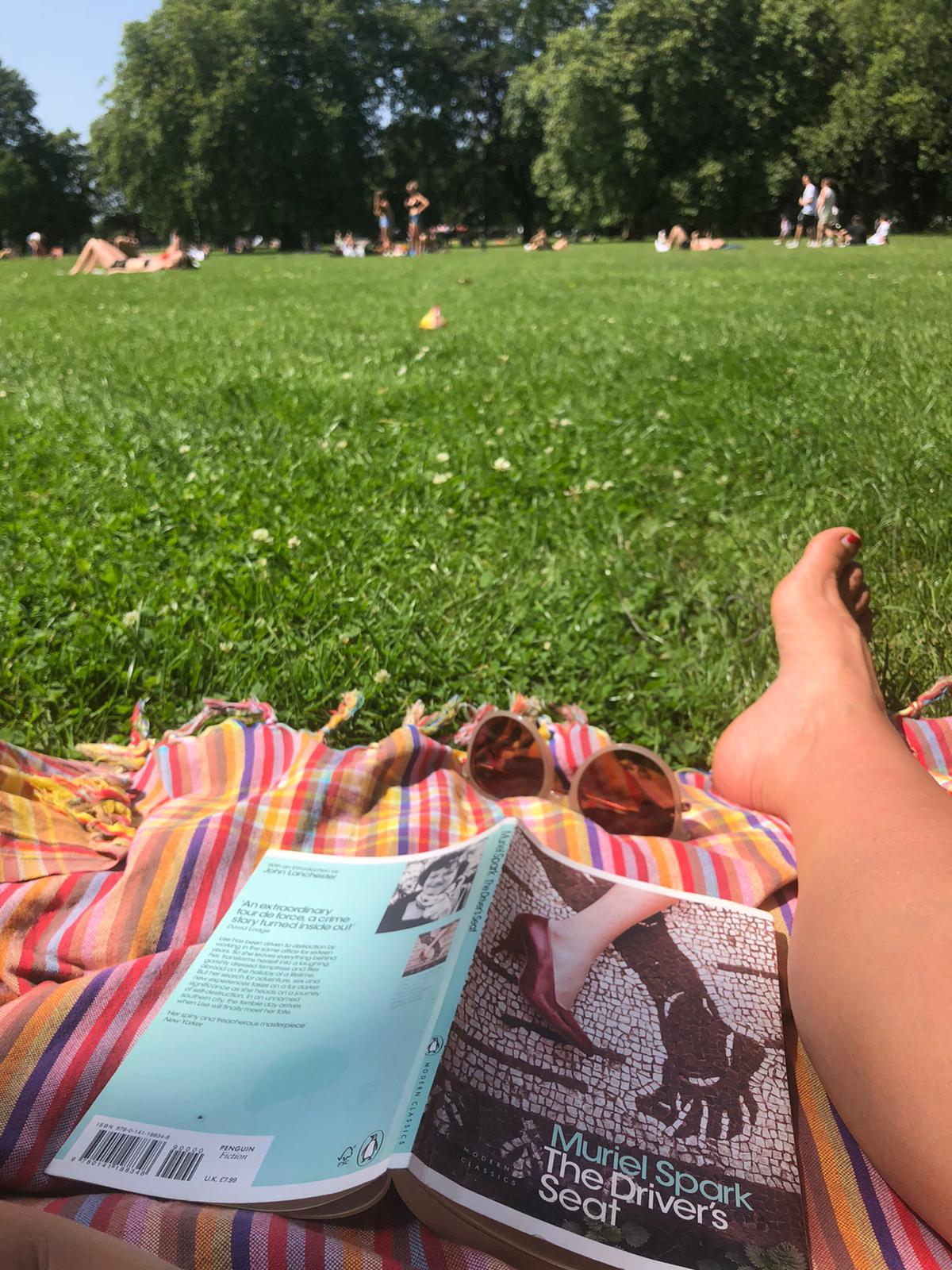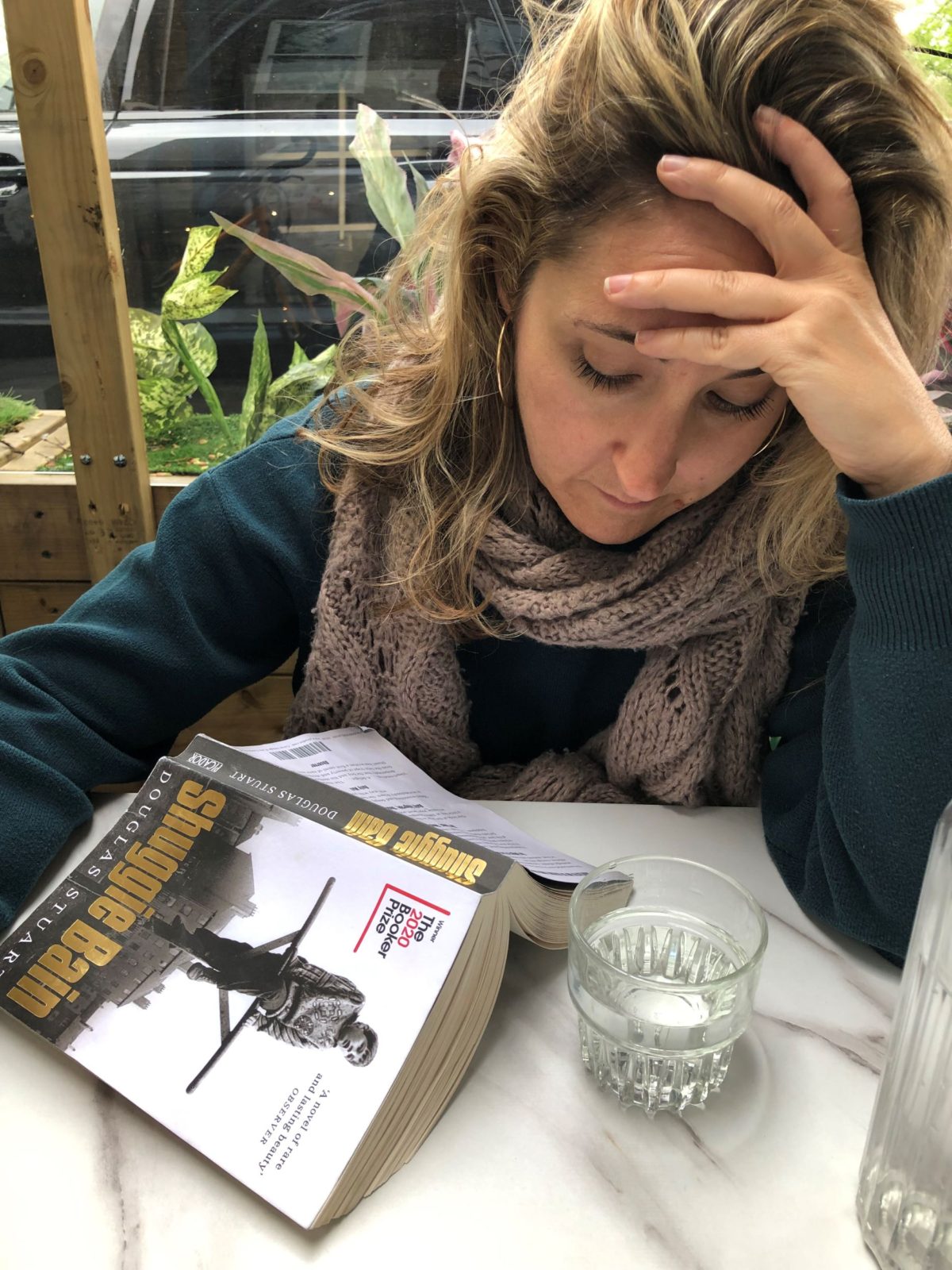Here is an enjoyable book that made me wonder what is the difference between commercial and literary fiction. These are some first world problems, but what can I say. I did really spend quite some time trying to think how it was that this engaging, servicable story about first love so was utterly competent and so completely forgettable. I think it is on some level because the author is not actually fighting any battle with himself in writing it. There is no vulnerability. It is almost clinically well paced and emotionally balanced.
Perhaps though vulnerability is overrated. It was very funny. Try this, from the teenage boy who is our narrator:
As with people who had good teeth and confident smiles, I was instinctively suspicious of people who got on with their parents, imagining that they must have some secret binding them together. Cannibalism perhaps.
Or this, from him again when a new theatre troupe is introduced at a school assembly:
As we feared, it was another attempt to convince us that Shakespeare was the first rapper.
That ‘as we feared’ really made me laugh. These was one interesting insight in it though. It’s about how madly he fell in love with this girl:
I had never in my life, before or since, been more primed to fall in love. . . If I’d been busier that summer, or happier at home, then I might not have thought about her so much, but I was neither busy nor happy, so I fell.
I bet if we look into when we have most painfully fallen in love we might find that what drove it was less that the person was actually perfect and more that the circumstances of our lives made us need them to be perfect.

